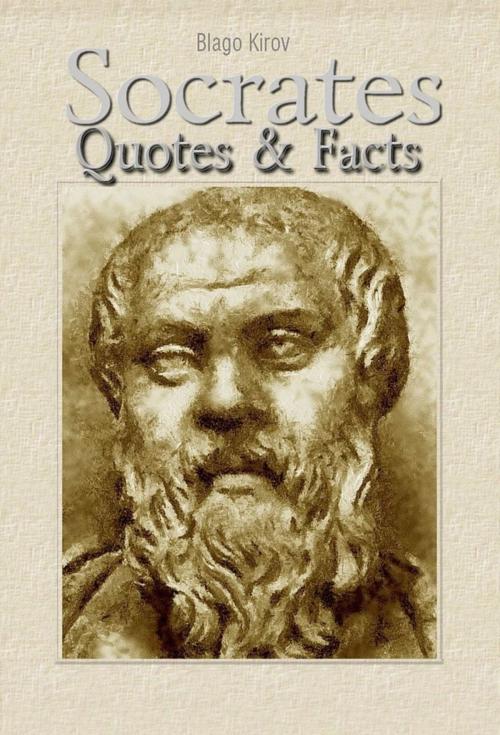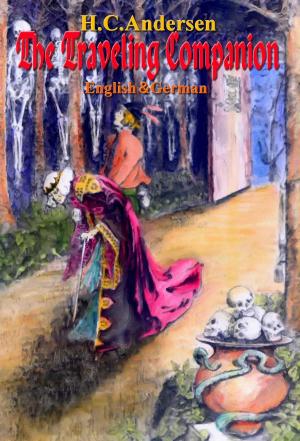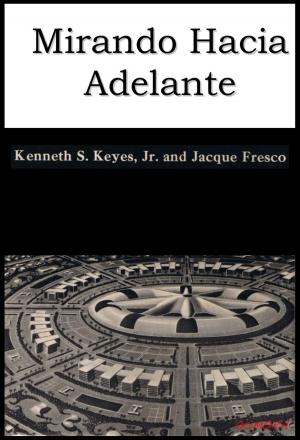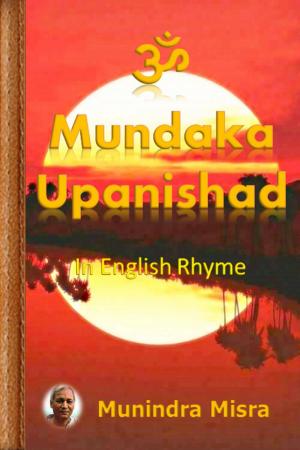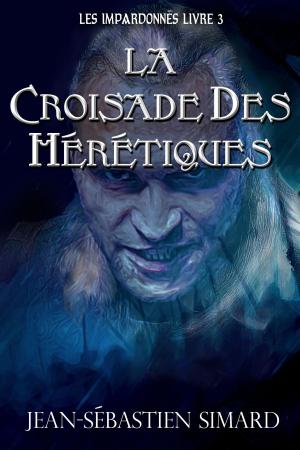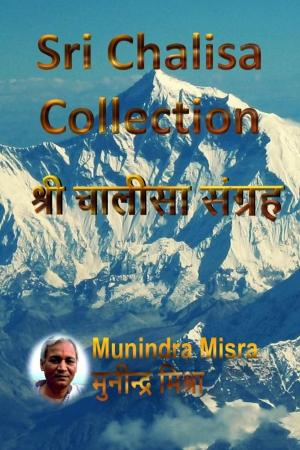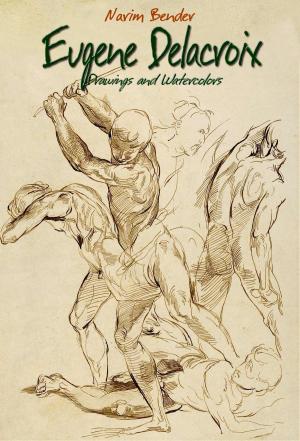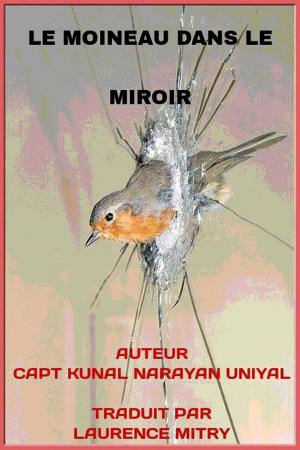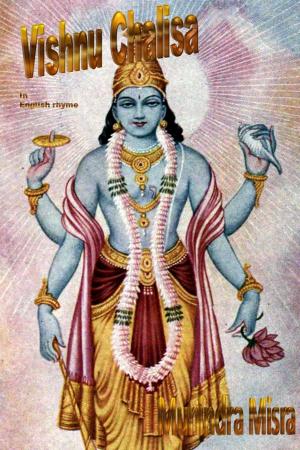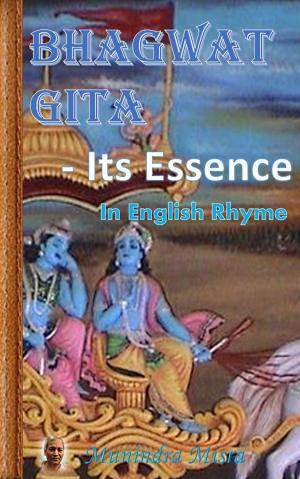| Author: | Blago Kirov | ISBN: | 9782897288457 |
| Publisher: | Osmora Inc. | Publication: | June 16, 2014 |
| Imprint: | Osmora Inc. | Language: | English |
| Author: | Blago Kirov |
| ISBN: | 9782897288457 |
| Publisher: | Osmora Inc. |
| Publication: | June 16, 2014 |
| Imprint: | Osmora Inc. |
| Language: | English |
This book is an anthology of 145 quotes from Socrates and 51 selected by Blago Kirov facts about Socrates.
Plato, Xenophon, and Aristotle are the main sources for the historical Socrates.
Socrates' father was Sophroniscus, a sculptor, and his mother Phaenarete, a midwife.
His wife, Xanthippe, bore for him three sons, Lamprocles, Sophroniscus and Menexenus.
His friend Crito of Alopece criticized him for abandoning his sons when he refused to try to escape before his execution.
Some sources say that Xanthippe, his wife, might have been as much as forty years younger than Socrates.
Socrates claims to have been deeply influenced by two women besides his mother: he says that Diotima, a witch and priestess from Mantinea, taught him all he knows about Eros, or love; and that Aspasia, the mistress of Pericles, taught him the art of rhetoric.
Socrates is known to have been fairly short and generally unattractive.
Socrates initially earned his living as a master stonecutter. He took over the profession of stonemasonry from his father who cut stone for the Parthenon.
Shortly before his death, Socrates speaks his last words to Crito: "Crito, we owe a rooster to Asclepius. Please, don't forget to pay the debt."
“I am not an Athenian nor a Greek, but a citizen of the world.”
“My advice to you is getting married: if you find a good wife you'll be happy; if not, you'll become a philosopher.”
“Once made equal to man, woman becomes his superior.”
“One should eat to live; not live to eat.”
“To be is to do.”
“Virtue does not come from wealth, but wealth, and every other good thing which men have comes from virtue.”
“The hour of departure has arrived, and we go our separate ways, me to die, and you to live. Which of these two is better? Only God knows.”
“All I know is that I know nothing.”
“Death may be the greatest of all human blessings.”
This book is an anthology of 145 quotes from Socrates and 51 selected by Blago Kirov facts about Socrates.
Plato, Xenophon, and Aristotle are the main sources for the historical Socrates.
Socrates' father was Sophroniscus, a sculptor, and his mother Phaenarete, a midwife.
His wife, Xanthippe, bore for him three sons, Lamprocles, Sophroniscus and Menexenus.
His friend Crito of Alopece criticized him for abandoning his sons when he refused to try to escape before his execution.
Some sources say that Xanthippe, his wife, might have been as much as forty years younger than Socrates.
Socrates claims to have been deeply influenced by two women besides his mother: he says that Diotima, a witch and priestess from Mantinea, taught him all he knows about Eros, or love; and that Aspasia, the mistress of Pericles, taught him the art of rhetoric.
Socrates is known to have been fairly short and generally unattractive.
Socrates initially earned his living as a master stonecutter. He took over the profession of stonemasonry from his father who cut stone for the Parthenon.
Shortly before his death, Socrates speaks his last words to Crito: "Crito, we owe a rooster to Asclepius. Please, don't forget to pay the debt."
“I am not an Athenian nor a Greek, but a citizen of the world.”
“My advice to you is getting married: if you find a good wife you'll be happy; if not, you'll become a philosopher.”
“Once made equal to man, woman becomes his superior.”
“One should eat to live; not live to eat.”
“To be is to do.”
“Virtue does not come from wealth, but wealth, and every other good thing which men have comes from virtue.”
“The hour of departure has arrived, and we go our separate ways, me to die, and you to live. Which of these two is better? Only God knows.”
“All I know is that I know nothing.”
“Death may be the greatest of all human blessings.”
